Author Worship
The Canadian literary scene has been tumultuous lately, following Stephen Galloway’s dismissal from UBC following allegations of sexual assault.
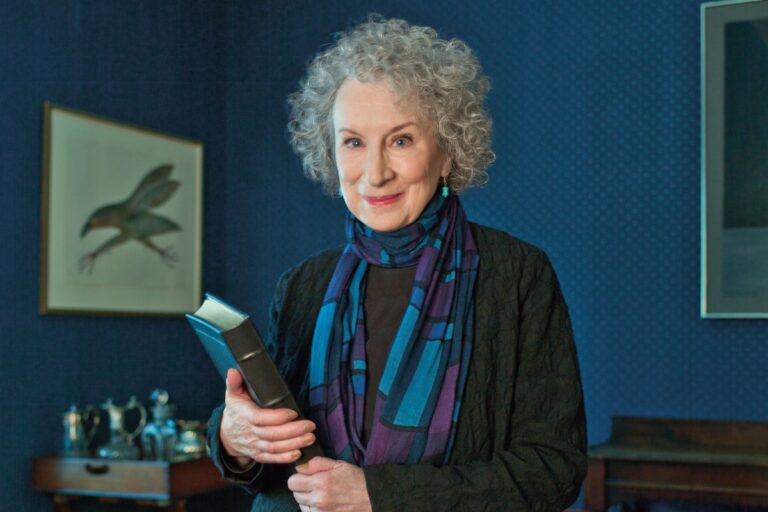
The Canadian literary scene has been tumultuous lately, following Stephen Galloway’s dismissal from UBC following allegations of sexual assault.
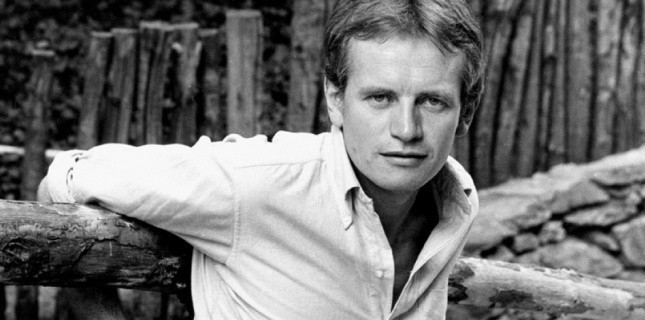
It took me less than five minutes via Google Maps to find where English travel writer Bruce Chatwin had lived during his time Edinburgh.

If you’re anything like me (and lucky for you if you’re not) then you’ve spent most of the last week wallowing your way from one shot glass to another and brushing your teeth with the cuff of your old college sweatshirt.
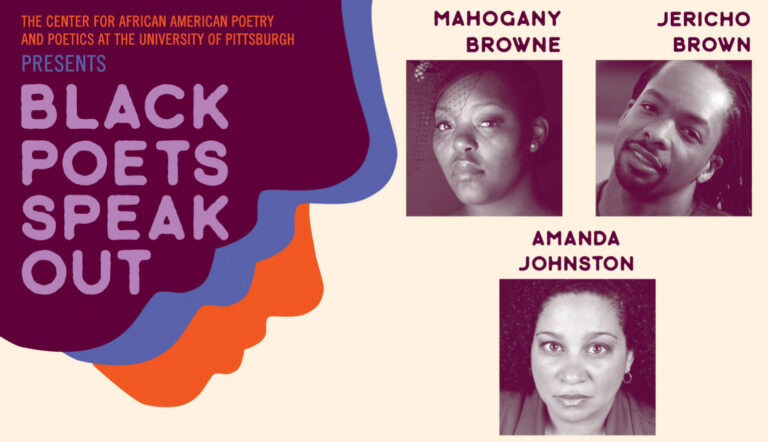
Last Thursday, I had the opportunity to crawl out of said couch and attend a poetry reading organized by Black Poets Speak Out. The event featured three co-founders–Amanda Johnston, Mahogany L. Browne, and Jericho Brown–interspersed with selections from the project’s video archive of Black poets reading into webcams.
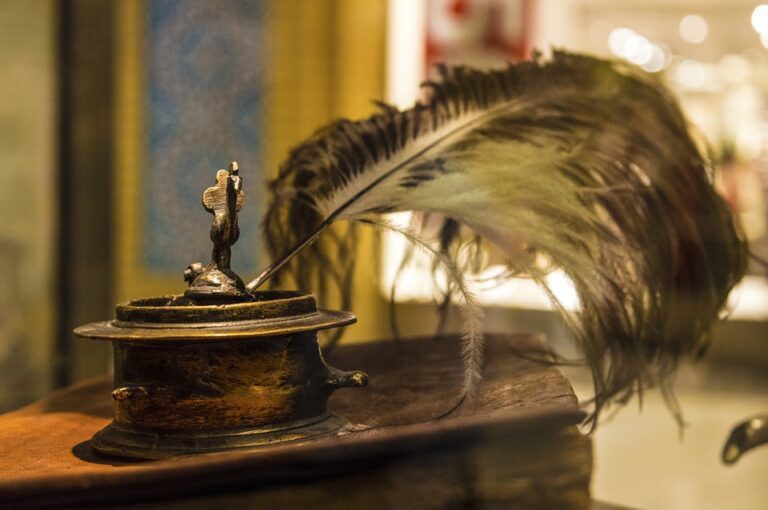
It’s been impossible to ignore the furor surrounding the revelation of Elena Ferrante’s identity last month. Some consider it an inevitability, yet the majority of her fans seem to feel that it is enough to have been given the gift of her writing, without expressly violating her wishes.
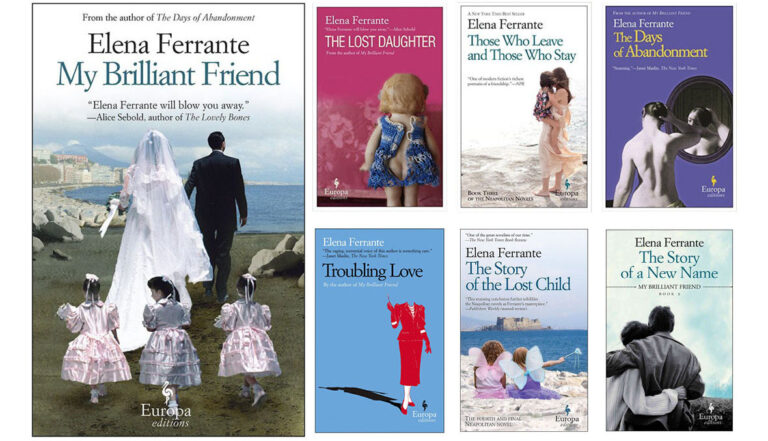
I’ll admit that I do believe in knowing about the author when I’m reading a book. The limits of an approach that is basically all about the text, and nothing but the text – so that taking into account biographical or historical elements, in short replacing the text within its context, is seen as heresy – are self-evident, even though this approach still exists and has its champions.
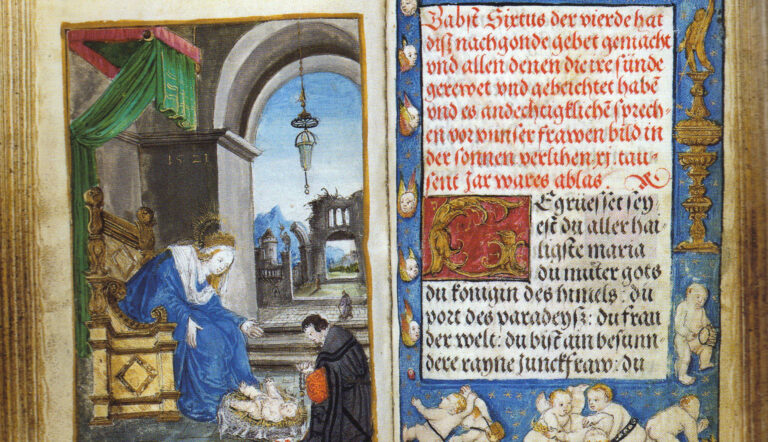
This fall, for the first time in my life, I’ve been teaching undergraduates. For the first time in their lives, they’ve had someone ask them whether there are surprise dance parties on campus. Surprise dance parties are, in my experience, one of the pinnacles of an undergraduate liberal arts education.
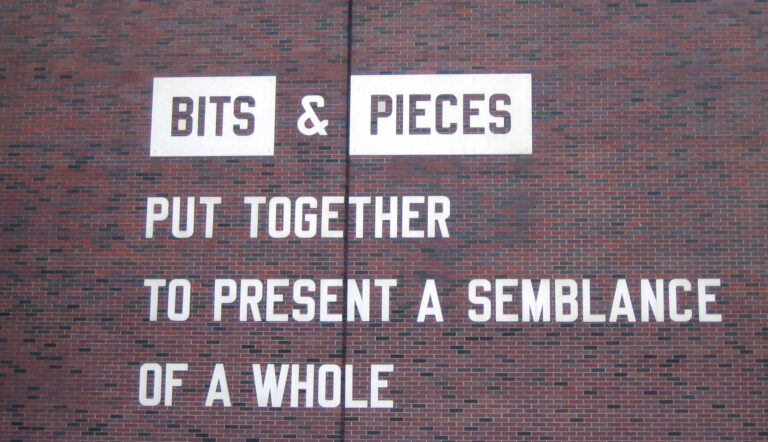
With many contemporary poets publishing (sometimes multiple) memoirs, there’s clearly a desire for these writers to share their worlds in a form other than poetry. Is it as simple as the appealing arc of a compelling narrative? What other issues might come to bear, particularly in our current social landscape, for a poet to share her experience, to say, This is my story—without the poetic slant?
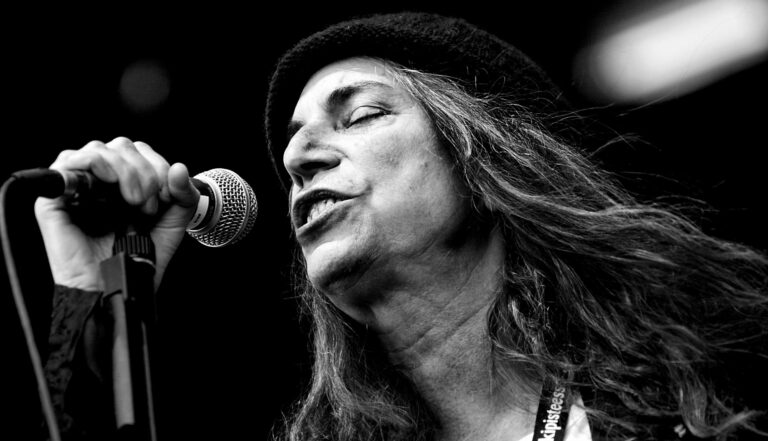
It’s the time-in-a-place, couldn’t-have-happened-any-other-way moments we keep close like the pillars of our personal pantheons that create lives out of impulsive decisions, unfortunate situations, and well-timed placement. It’s the first times that are finales to culminated forces – sometimes well planned, sometimes purely by chance – and the beginnings of incidences serendipitous. It’s the inspired inspiring, the lives of the lost losing themselves to be found, the findings aligning for the world to read, watch, listen.
No products in the cart.